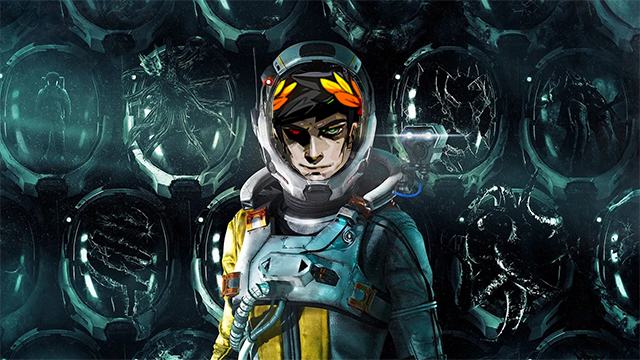Returnal is noteworthy for many reasons. It’s a PlayStation 5-exclusive twitchy shooter with an intriguing story from a studio that had never made a game with a narrative in it, much less a AAA one. However, it’s also one of the first big-budget roguelite games, a genre almost exclusively relegated to the indie space. Given its quality and AAA stature, it probably naturally got many…

This is a post type review test








